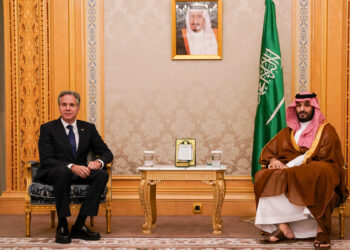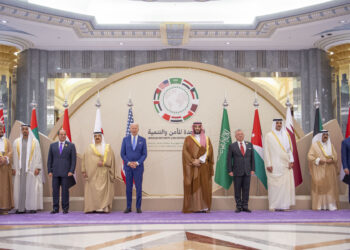Syrian journalist and writer based in Turkey
The Syrians suddenly came under the spotlight. Everyone talked about them.
Films narrating their stories were produced in the largest festivals. Successive campaigns were launched in solidarity with them and in relieving the pain of asylum. Books and leaflets were printed in an attempt to explain what happened and what was happening to them. And as every global event attracts public opinion, attention began to fade slowly and other events occupied the headlines. Another group of people found their way to the headlines and began to try the Syrians for everything.
The history of Syria and its society's relations, values, and ethnicities have become vulnerable to targeting and judgment by populist propaganda focusing on refugees. Warnings of the danger of refugees coming to Western societies have risen, and many leaders of the extreme right have declared their support for Bashar al-Assad and some of them thanked him.
Spoken Too Soon
The multifaceted and tirelessly continuing campaign with a large number of rumors led to something like a black comedy. The accusations by the extreme right against Syrian refugees and holding them responsible for the deterioration of the economy, lack of job opportunities, and their danger to the identity of societies, coupled with the boldness of using racist vocabulary that are supposedly of the past, created a kind of new terror and hostility among some citizens of the countries hosting refugees.
This led most Syrians, whether inside or outside Syria, to defend themselves and their communities and respond to rumors and accusations. With their increasing fear of being exposed to racist situations, they developed self-censorship where their place determines the type and volume of their voice.
As some blame major events for preceding conditions, the Syrian refugees have been blamed for most of what has happened since the turn of the century. Since the war on terror occupies the world, the anti-terrorism fighters decided to conduct tests on the type of Muslims in Syria: Are they Salafists or Sufis? Moderate centrists or fundamentalist extremists? How many times a day they say Allah u Akbar (God is the Greatest)? Do they drink or just have tea?
Discrimination and mistrust that Arabs have had to deal with since the beginning of the last century returned in force against the Syrians, who have been asked to declare their positions on a range of issues. Is Islam in Syria a religion and a state or a religion only? Do they want the rule of Sharia or man-made laws? It is possible that Ali Abdel Razek expected that his book "Islam and the Fundamentals of Governance"* in 1925 would remain the subject of endless debate and discussions? Or that his argument about the concept of the Caliphate as being secular, which caused his dismissal from Al-Azhar, would remain a hot issue of debate until now?
He certainly did not expect that an entire people subjected to a war of extermination would be required to provide the final answer to all these issues. The people are condemned because of organizations that came from outside their borders and were formed far from their lands, and the organizations' black banner and imaginary caliphate suddenly appeared amidst significant questions about the role of the regime's intelligence in sponsoring them.
These accusations extended to all those who supported the Syrians, especially in the relief and humanitarian field. Some were pushed to the point of suicide, as happened with the British national James Le Mesurier, one of the founders of the White Helmets, which made tremendous efforts to provide civil defense services to Syrians and contributed to saving many lives.
The tragic story of Mesurier, as reported by the Guardian in a lengthy report, shows how the Russia-led focused campaign against the organization, questioning its affiliates, and accusing it of having relations with the intelligence and fabricating news had led to significant pressure on the man. This led Mesurier to commit suicide, especially as European countries complied with that campaign by asking more questions and seeking to investigate the organization.
In one of the seminars on Syria, one of the attendees asked a question: What is the shape of the future Syrian state? The problem with the question was that it came at a time when the people of Eastern Ghouta, near Damascus, were being displaced to the north of Syria, after a long siege that involved chemical weapons attacks against them. Well, there was one person who provided the answer: "a modern civil state after we find tents sufficient for those displaced from the Damascus countryside."
—–
* Ali Abdel Razek (1888-1966) is an Egyptian scholar who studied Sharia law at Al-Azhar University and received a law degree from Oxford University in the UK.
***
Photo credit: TOPSHOT – Displaced Syrians from Deir Ezzor head to refugee camps on the outskirts of Raqa on September 24, 2017 as Syrian fighters backed by US special forces are battling to clear the last remaining Islamic State group jihadists holed up in their crumbling stronghold. / AFP PHOTO / BULENT KILIC (Photo credit should read BULENT KILIC/AFP via Getty Images)







